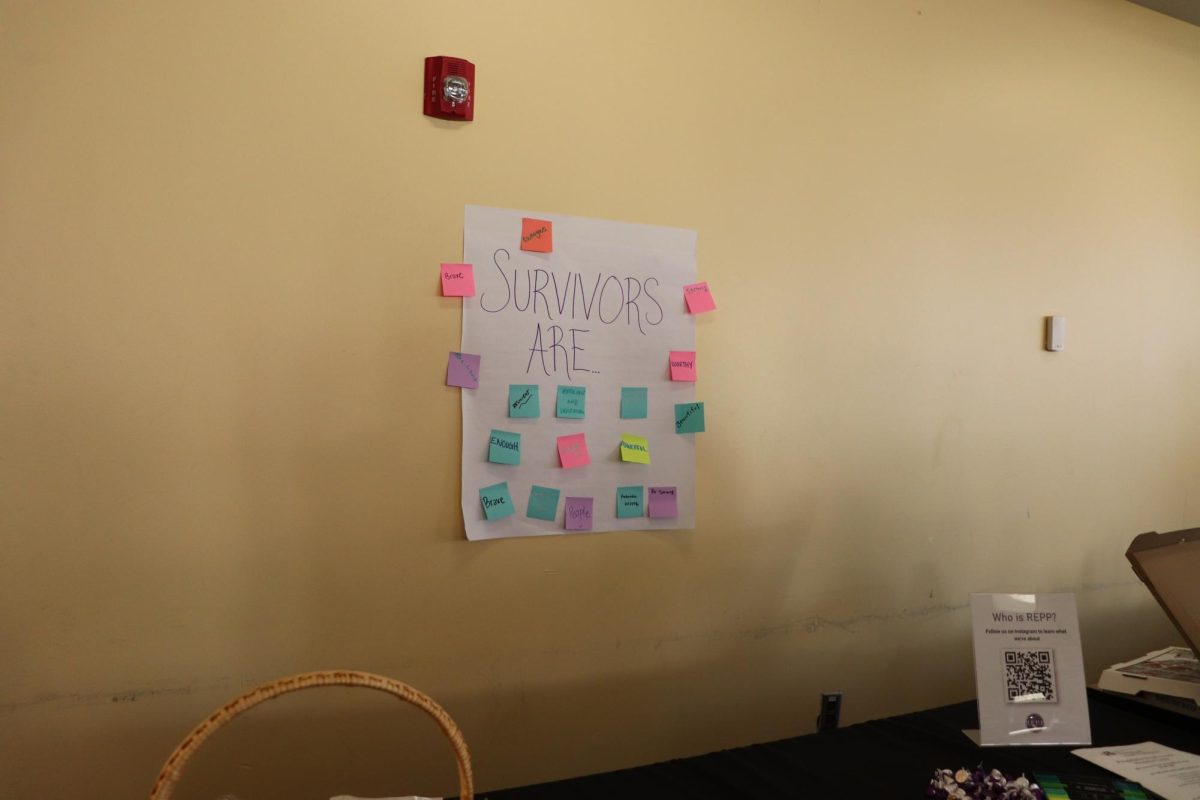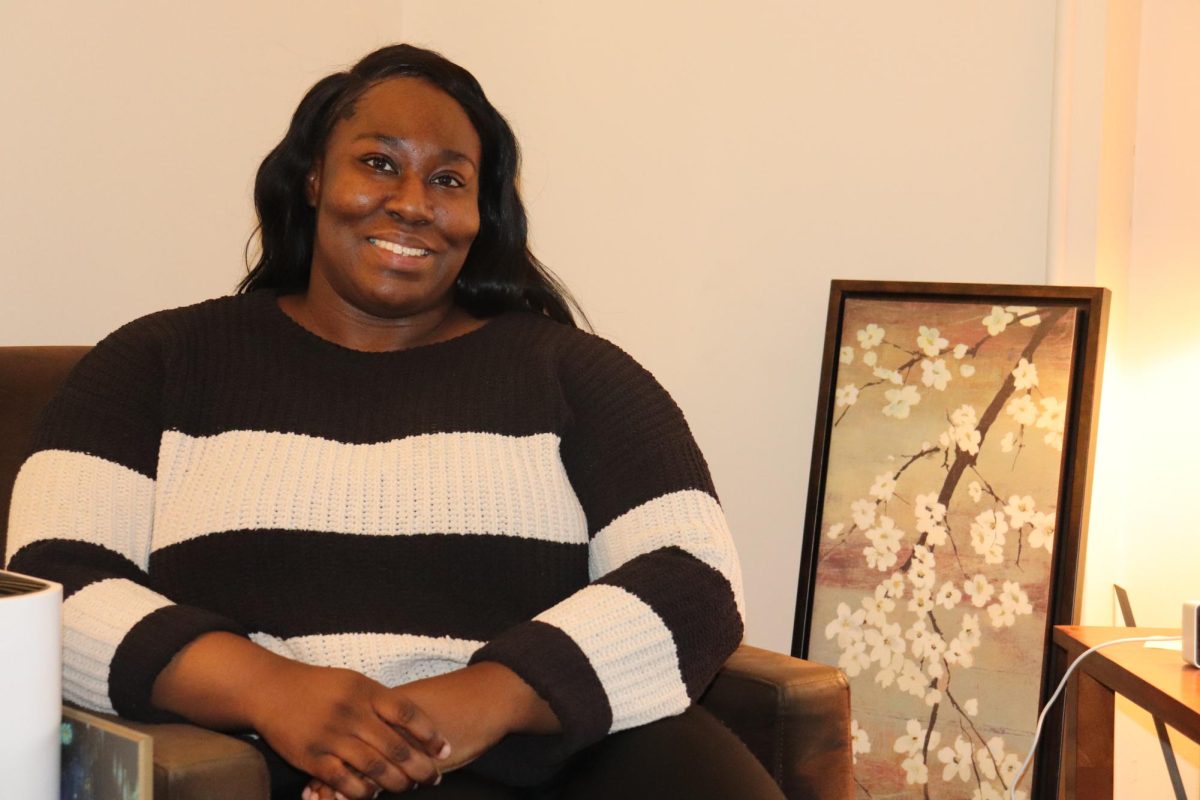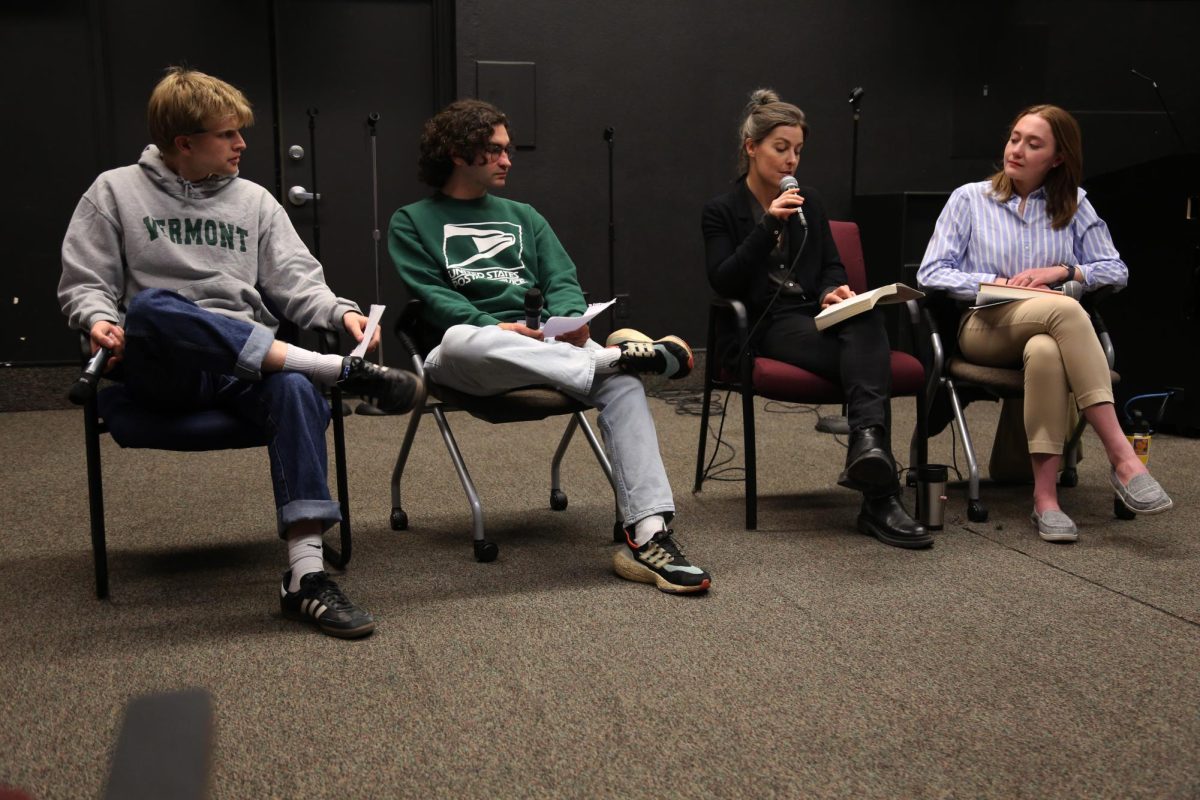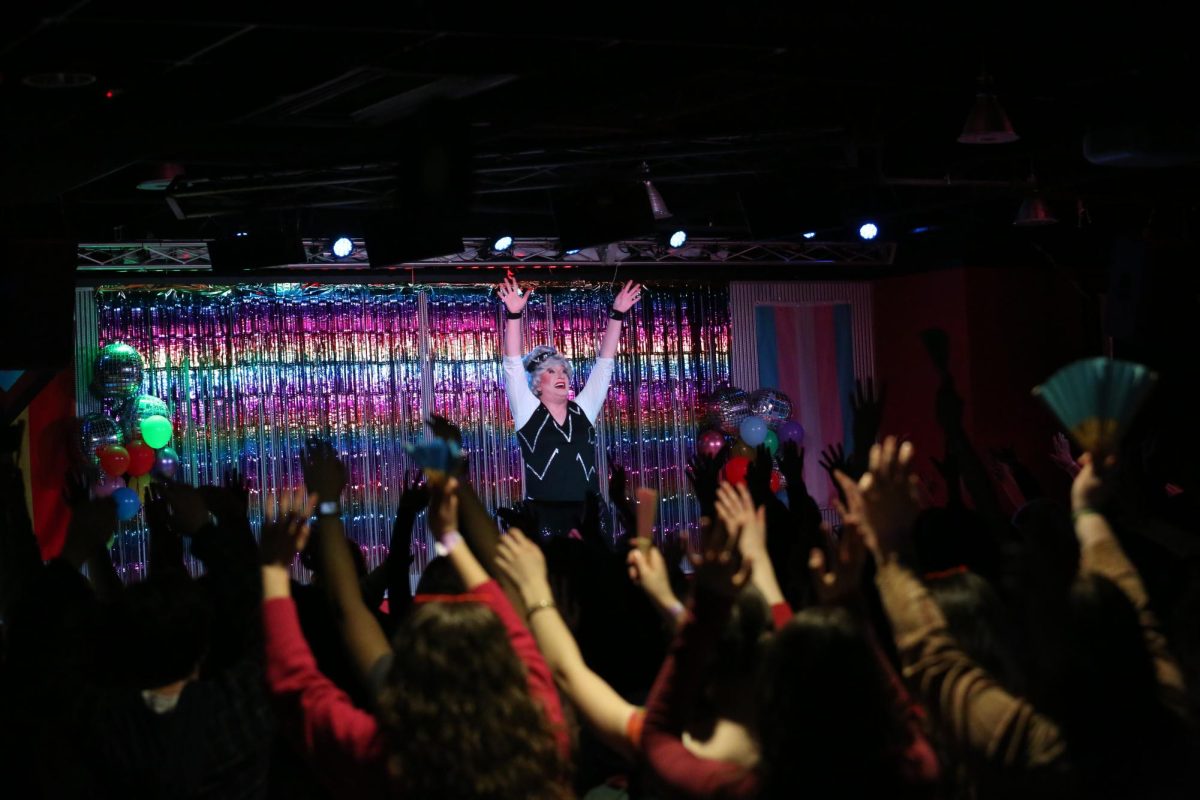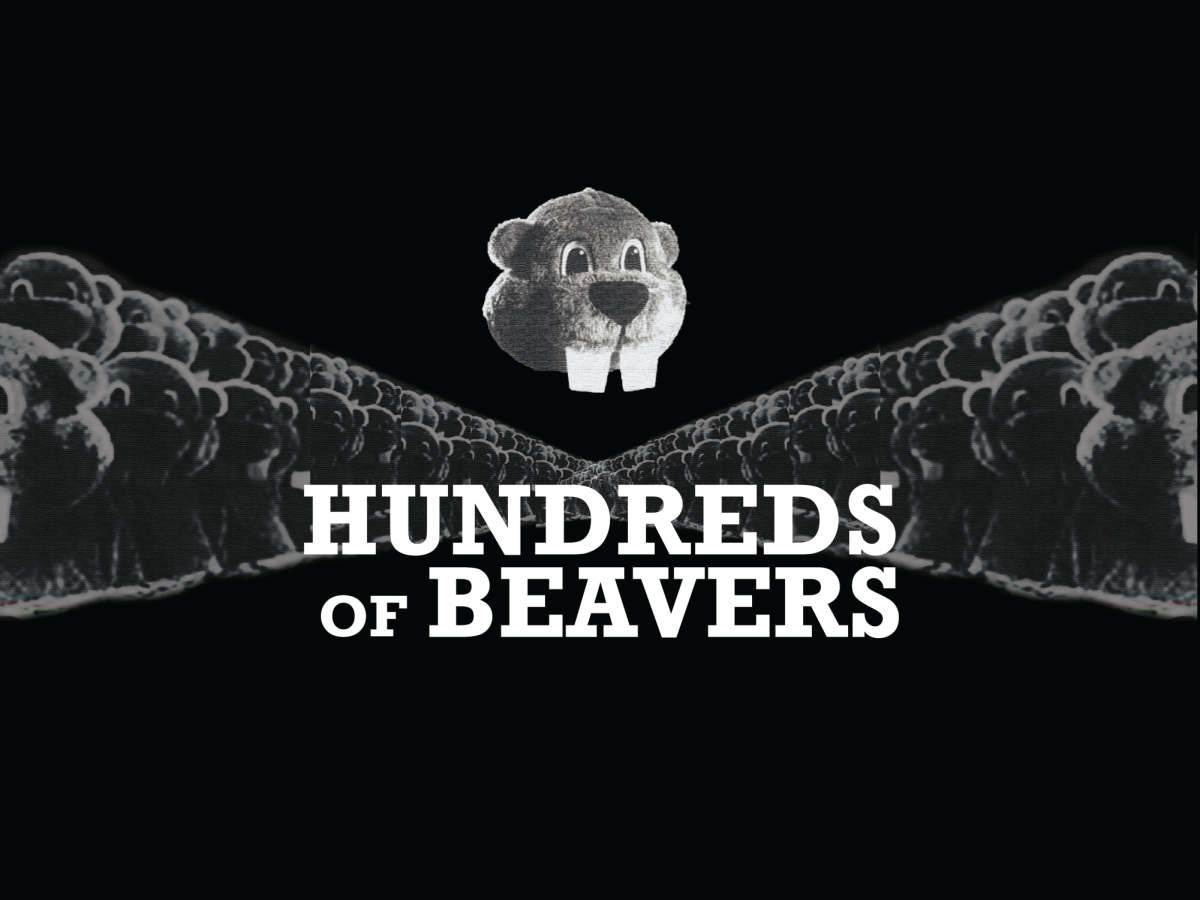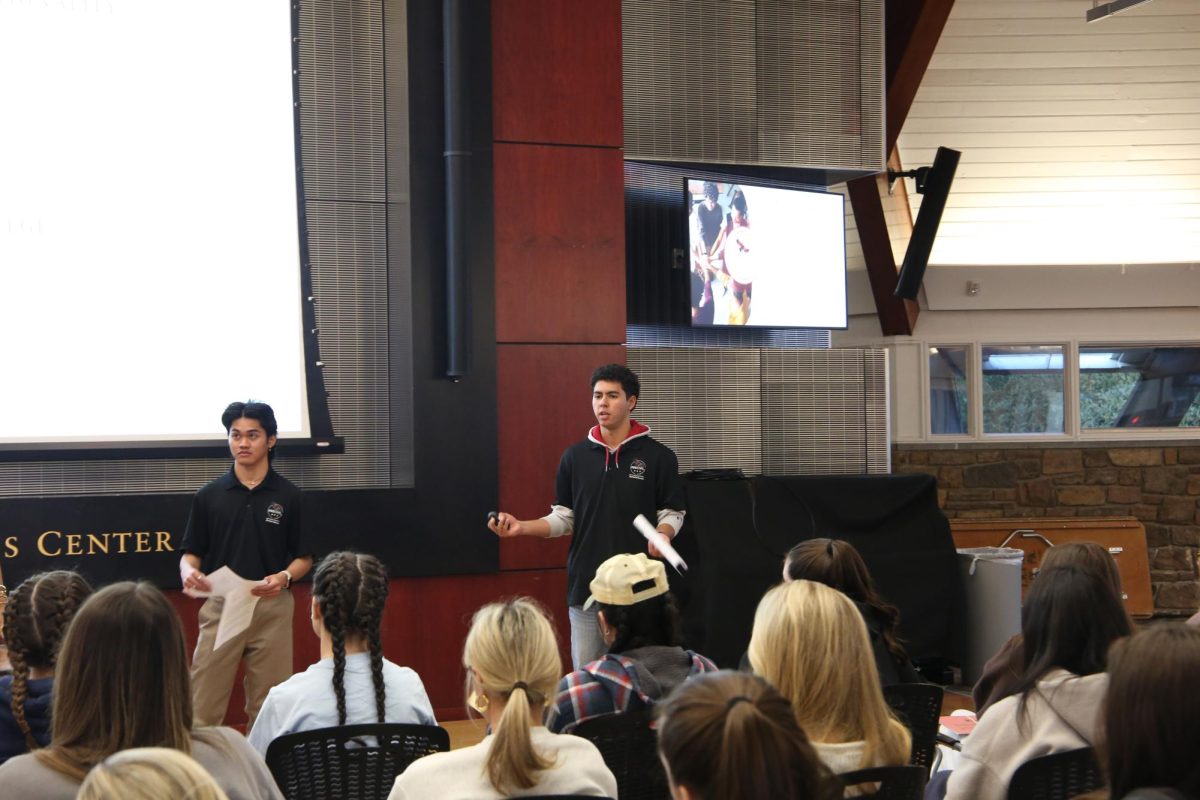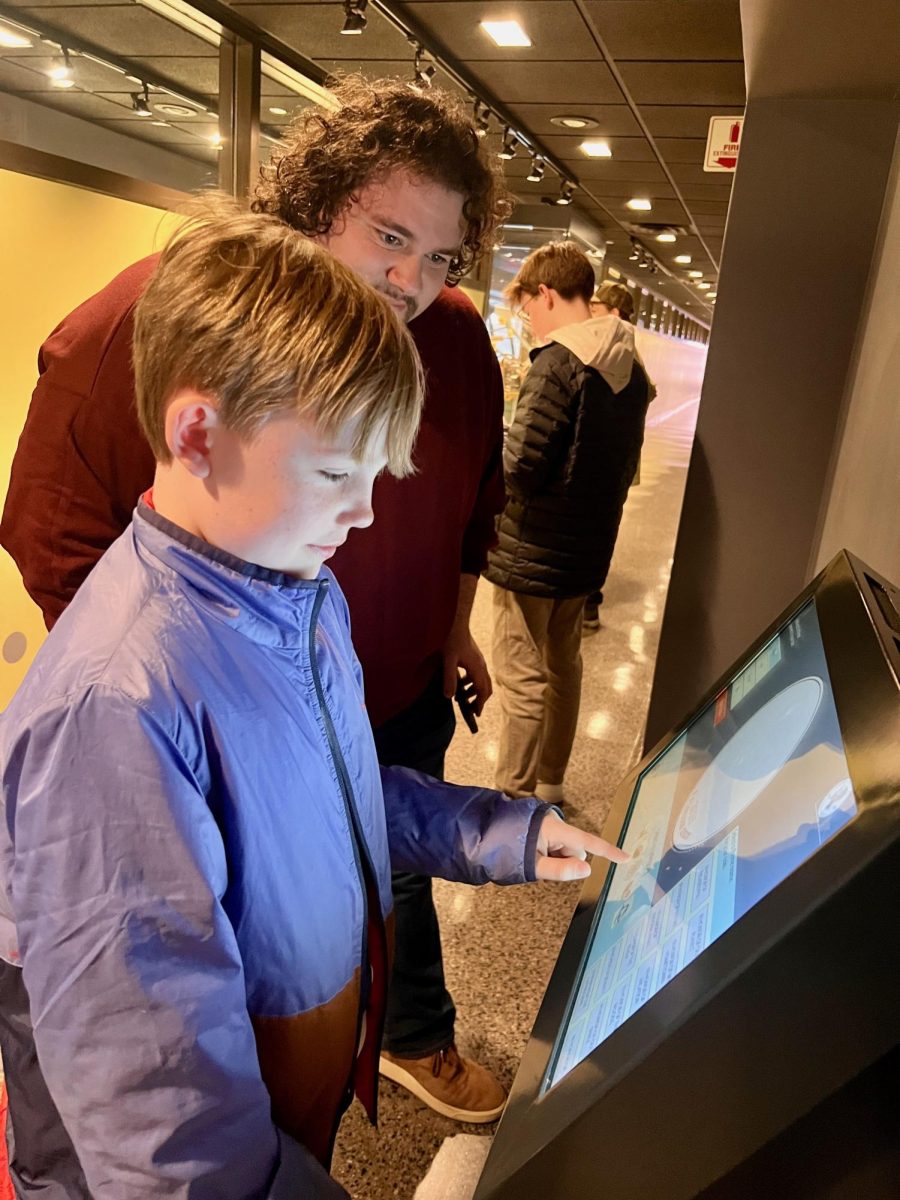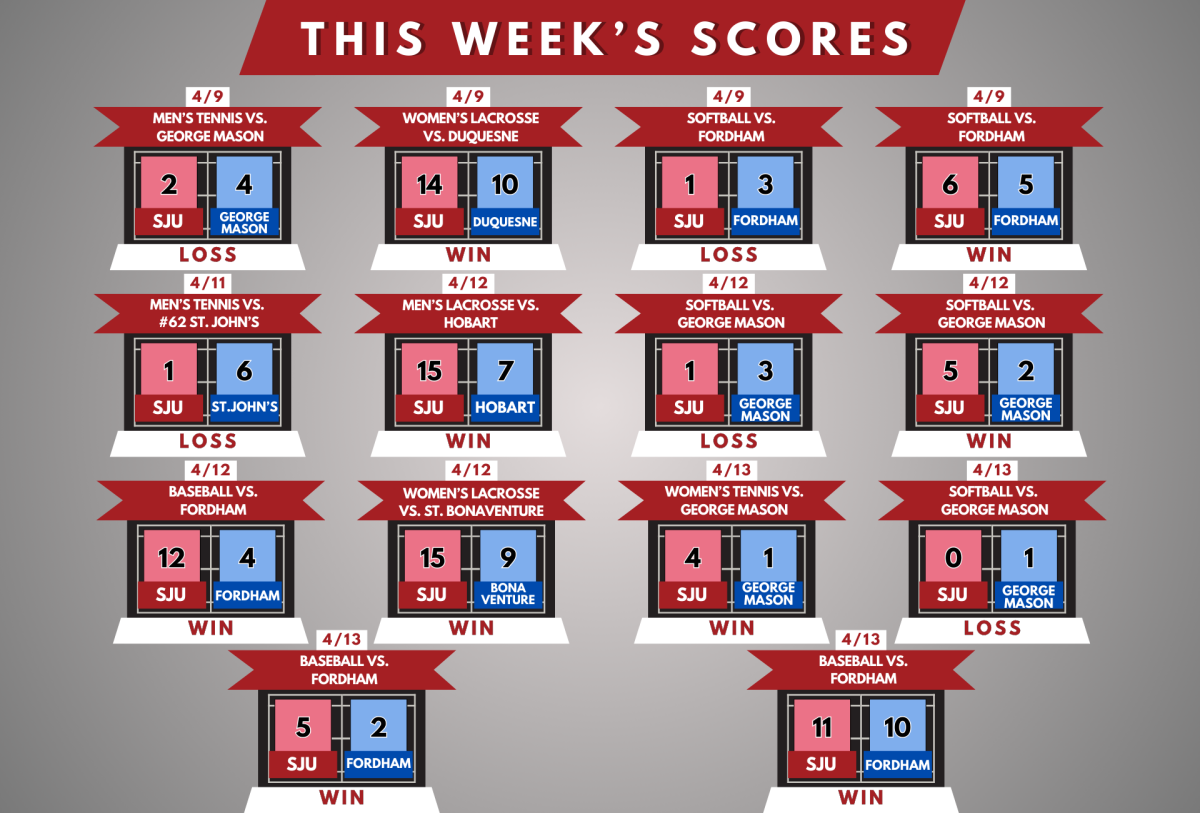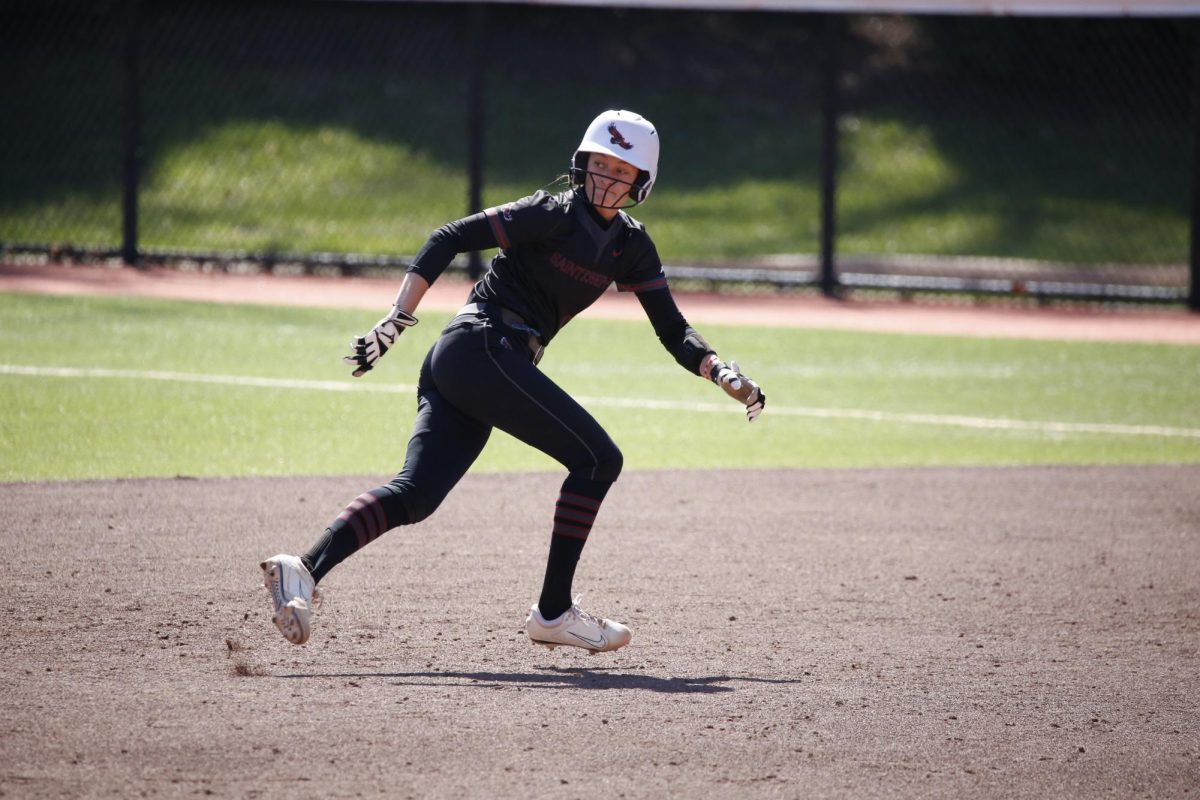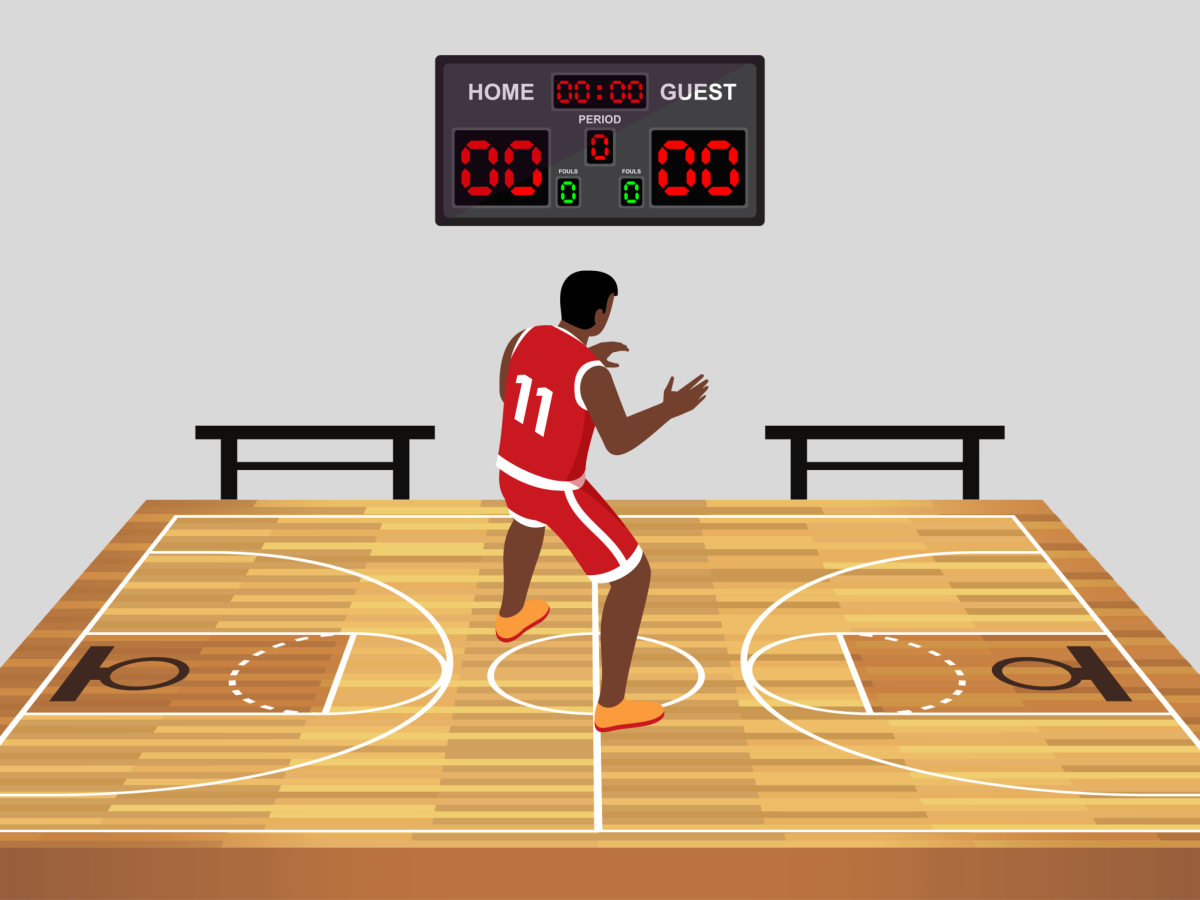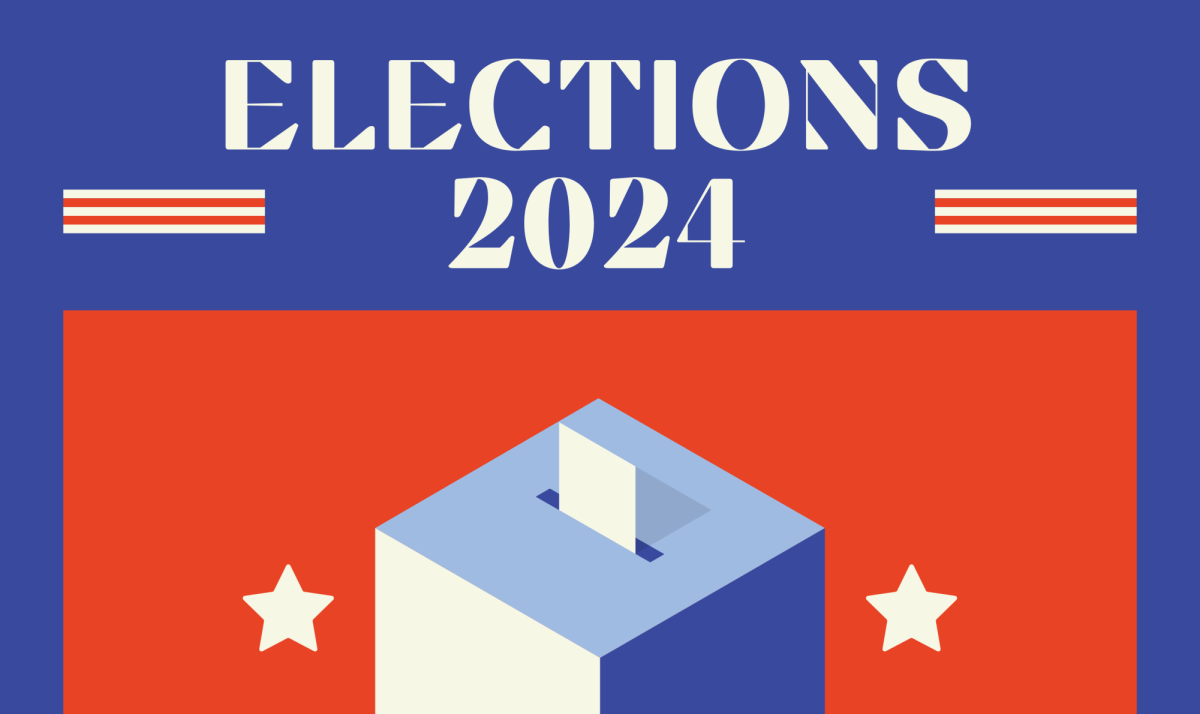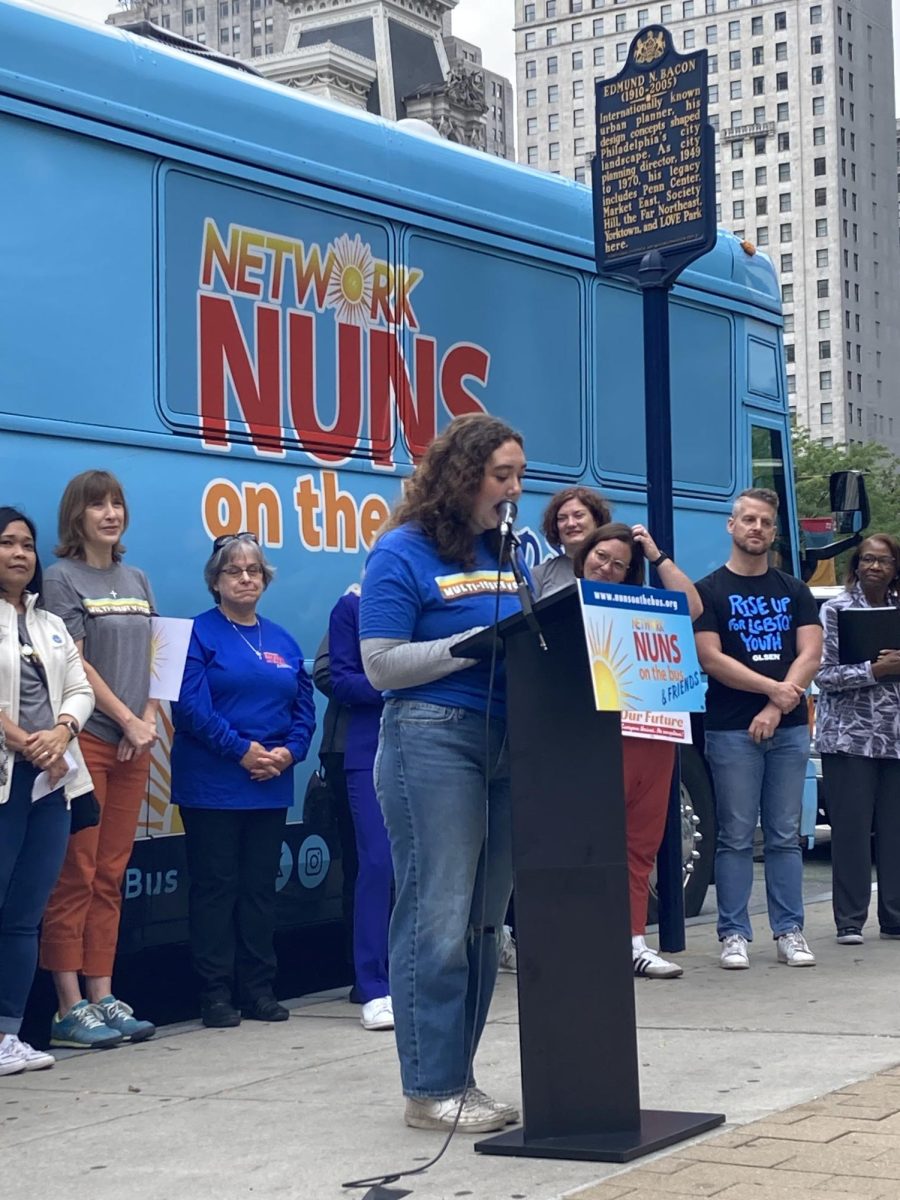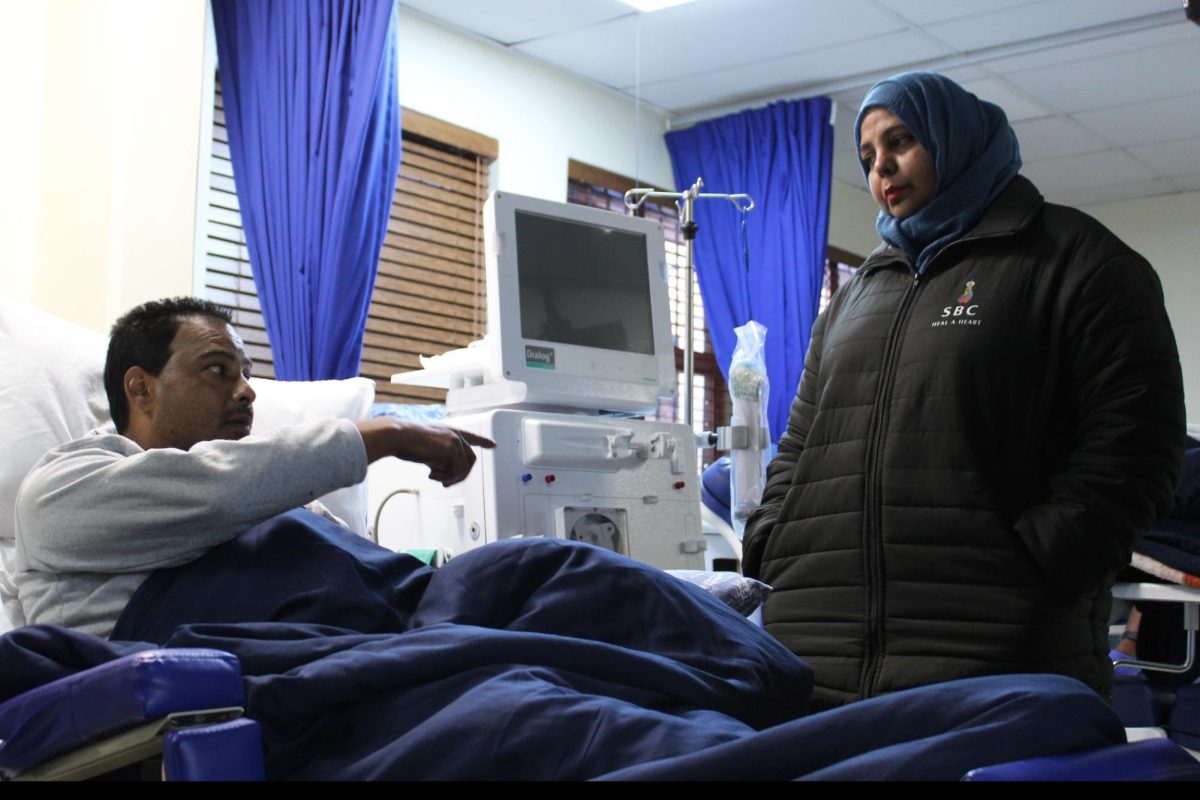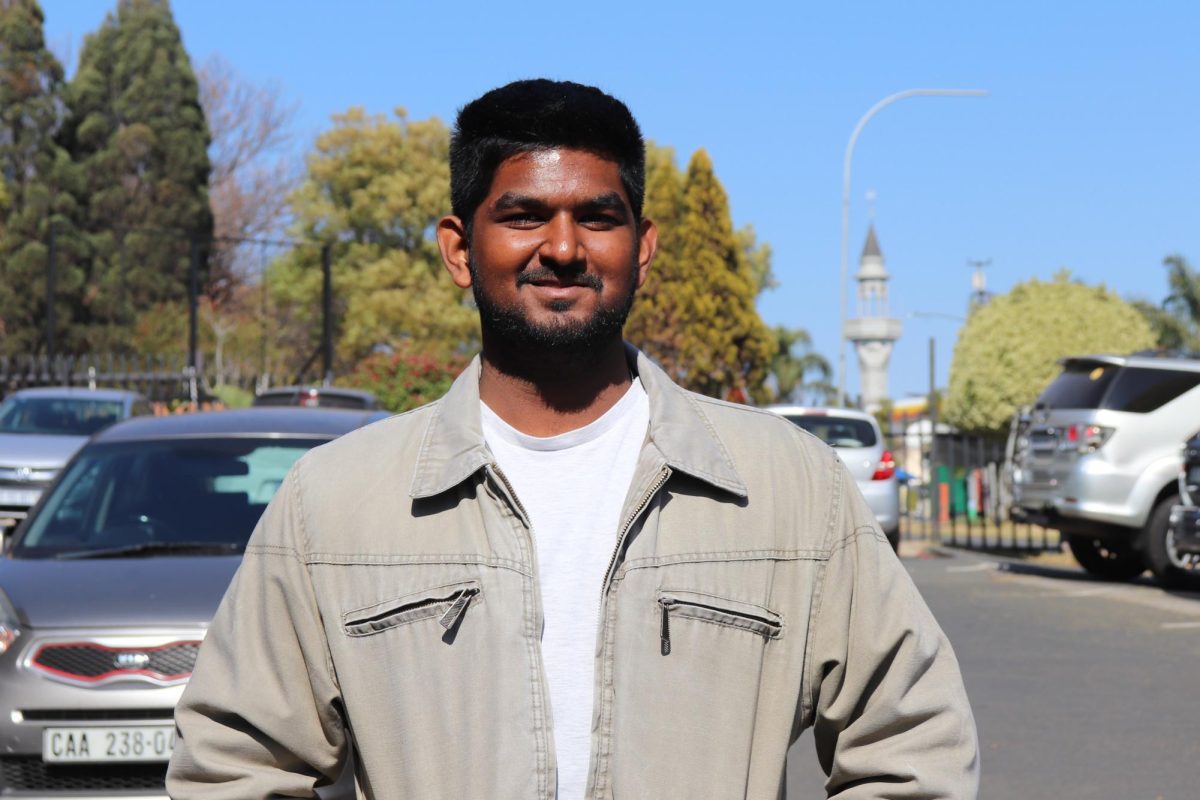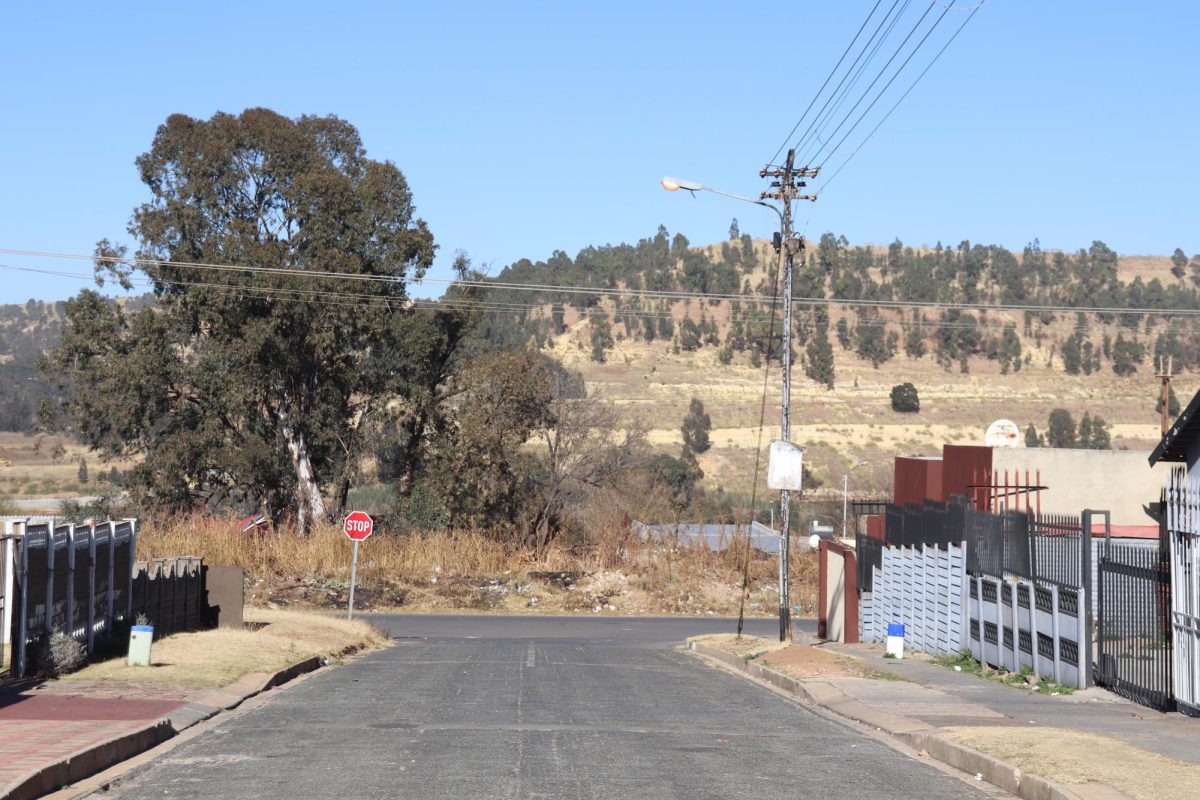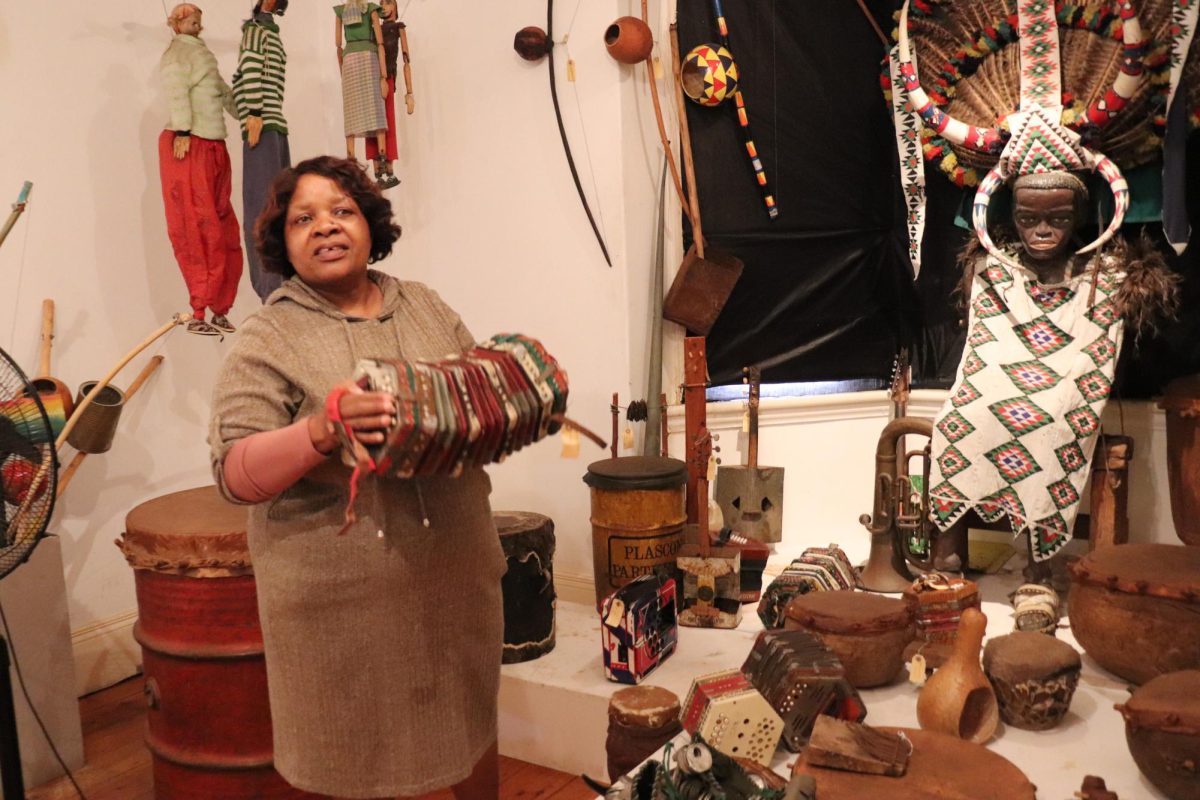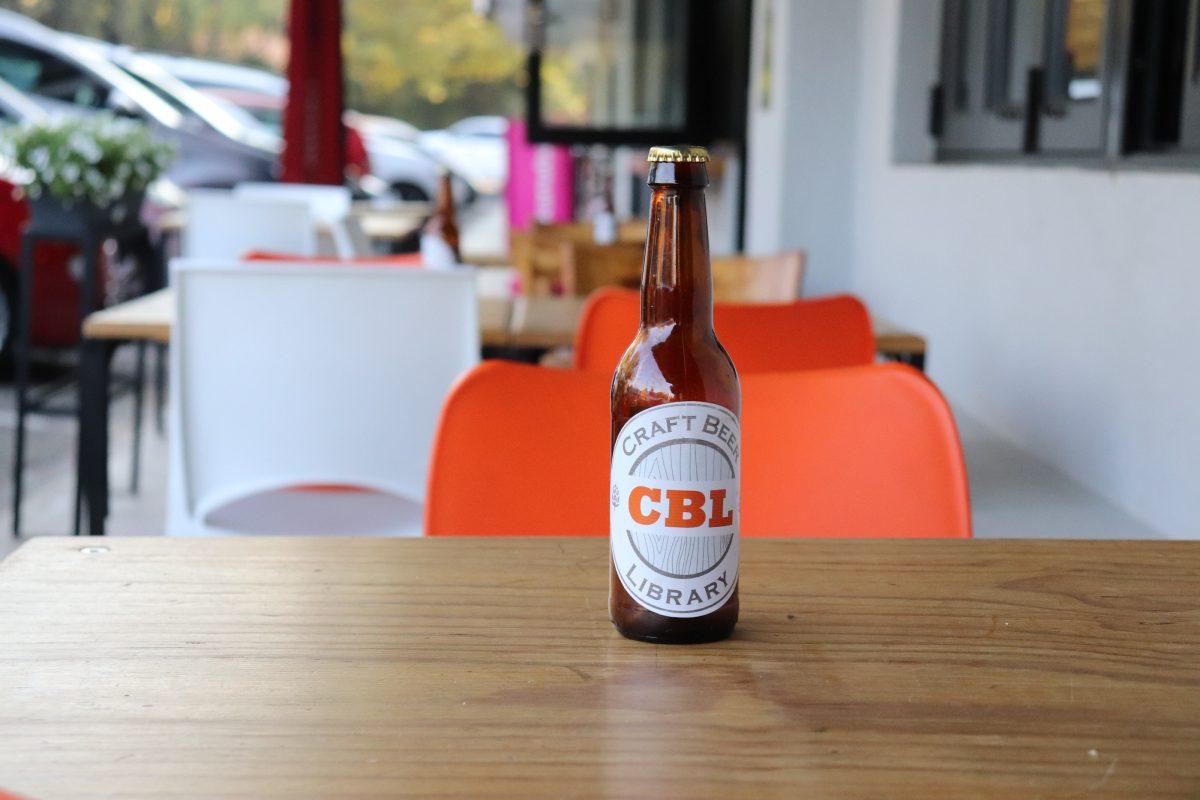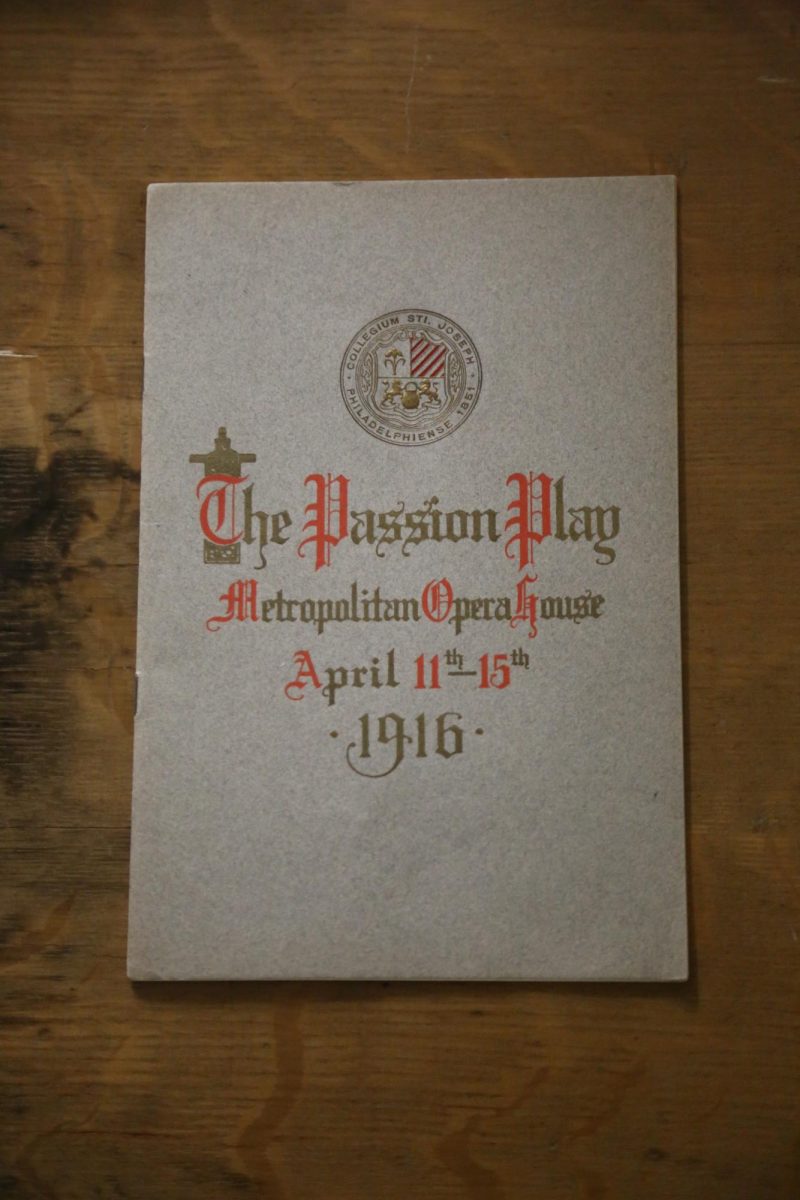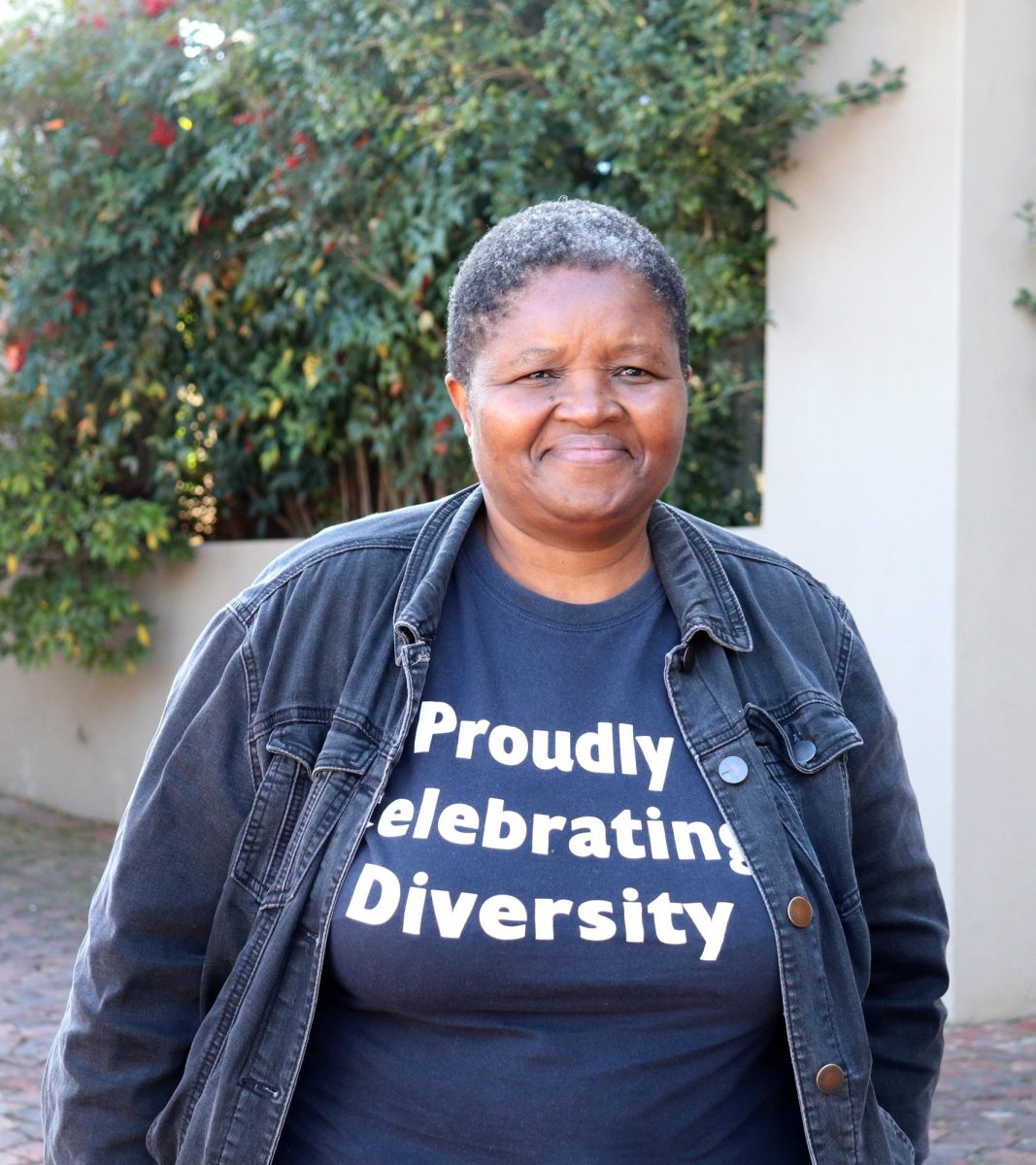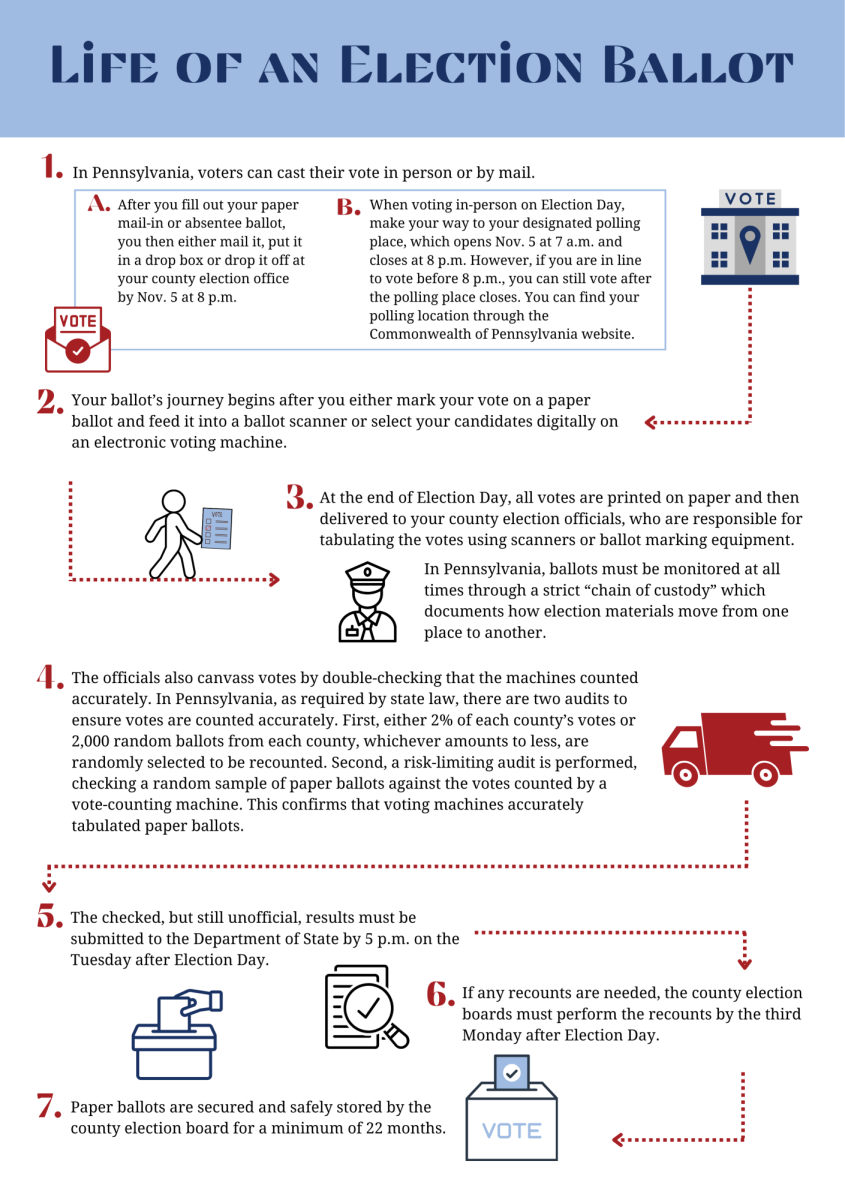Johannesburg, South Africa — While the craft brew industry in the United States has been flourishing for decades, in South Africa, the market is still finding its way.
“South Africa is in the wild wild west phase of craft beer, but it is starting to develop a bit of a name, and people are starting to pick up,” said Troye May, who serves on the board of the Craft Beer Association South Africa.
Mitchell’s, a brewery located in Knysna in the Western Cape, was the first independent craft brewery in South Africa, popping up in the mid-1980, May said. In 2007, a few more breweries came on board, and then more after the FIFA World Cup, which was held in South Africa in 2010.
“It just escalated from there,” May said. “The big year in terms of number of breweries opening was in 2016. I think we had a 40% increase of number of breweries opened. It wasn’t as many as 3,000 that America had at this time, but our growth was double that of the States.”
May’s organization now represents over 200 craft brewers in South Africa.
“We represent a whole nation of beers,” May said. “We just don’t represent one brand or one type. We are proud of all of the beers that all of our members make, and we celebrate the ones that make exceptional beers. They are coming up with not just traditional Western recipes, but the guys are so into experimenting with more African recipes and recipes that haven’t been very commercialized.”
One of the craft beer industry’s greatest challenges in South Africa is getting South Africans to drink something other than lager, May said.
“Beer in South Africa has been very one-sided,” he said.
South African Breweries (SAB), the largest brewery in South Africa and a subsidiary of Anheuser-Busch InBev, has dominated the beer market in South Africa for more than 100 years. Lion Lager and Castle Lager, both produced by SAB, are the most popular mass-produced beer brands in the country.
“We have a very hot climate, and SAB has done a fantastic job in making an amazing beer for over 125 years,” May said. “They’ve really exploited in a good way the climate and pushed their products to the masses. It’s been really challenging to get people to change their perception on beer. It’s very different from a more mature industry like the United States.”
That has been the experience for Leon Pretorius, a craft beer aficionado and owner of The Countess restaurant in the Melville neighborhood of Johannesburg.
“If you ask the average South Africa what’s a beer, they will say it’s a Castle Lager or it’s a Black Label,” Pretorius said. “It’s one of those two things. That’s how narrow-minded we were.”
Pretorius introduces his customers to craft beers by offering a selection of his own hand-picked favorites at his restaurant.
“Nothing gets in here unless I like it,” Pretorius said. “The beers that are here, I have been to every single one of the brewers, and I know the brewer and I know the actual brew master.”
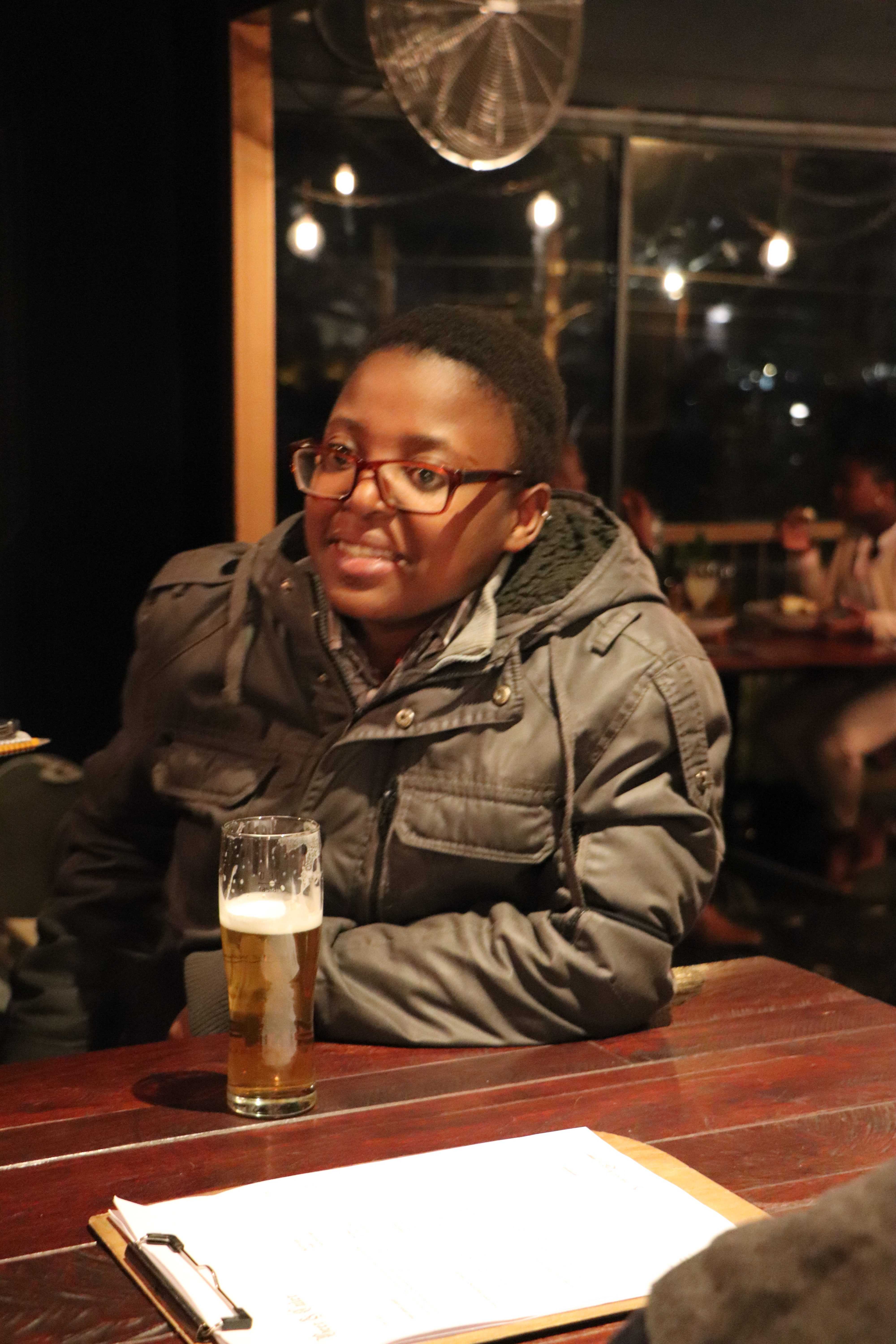
Sakhile Mogale, a customer at The Countess, recently tried a Killer Hop by Mad Giant, a craft brewery based in Johannesburg and one of Pretorius’ favorite breweries. It was Mogale’s first time at The Countess, but she said she has been drinking craft beers for about two years and really enjoys them.
“It’s raw, and it’s all different for me, and I just love the taste,” Mogale said.
Pretorius said he got into craft beer, even brewing his own for a time, because he was tired of drinking the same beer. Now, it’s a craft beer–Street Fighter, brewed by Stash Breweries–that he keeps stocked in his fridge.
Pretorius ticked off other favorites: Soul Barrel Brewing Company, BrewDog South Africa (he likes their Dead Pony) and Drifter Brewing Company (the Scallywag IPA). The new kid on the block that he loves is Stash Breweries. A tried-and-true friend is Darling Brew.
“Darling brewery is one of the oldest ones that is a good case study to follow,” Pretorius said. “Poison city is one of my favorites. They are based in Durban, and they are now brewing here in Joburg. Their best lager is one called the Bird Lager.”
In the Emmarentia neighborhood of Johannesburg, Chris Friendlander, head barman at The Craft Beer Library, is also trying to entice South African beer drinkers to craft beers. It seems to be working as business is booming at the bar. The shop is double the size it once was, and now has 16 taps with plans to move to 32, Friendlander said.
“We’re the home for all beers of South Africa,” Friedlander said. “We like to think of what Mandela says, we are a combined nation.We are trying to get all the beers from South Africa together in one place. We have beer from Cape Town, Soweto, Limpopo and so forth.”

Friendlander pointed to a bottle of Stormy Smoked Porter, produced by Drifter Brewing Company, based in Cape Town. The beer was named the best in Africa at the inaugural African Beer Cup in mid-May, out of entries from 11 different African countries.
Beers like the Stormy Smoked Porter challenge the South African palate, but Marcus Rautenbach, a regular customer at The Craft Beer Library in mid-June, said he likes experimenting with something new.
“South Africa is lager country, and you grow up with that,” Rautenbach said. “The great thing about craft beers is it’s not lager. It’s ales, which is less bubbly, and you can drink more before you get drunk and it kicks hard.”
Rautenbach said his favorite craft beer right now is an Indian pale ale made by Agar’s Brewery.
Agar’s beers are popular at the Craft Beer Library, but Friendlander said the most popular craft beer in South Africa right now is The Dictator IPA, made by OC Brewing Company, which is based in the Kya Sand, Randburg area of Johannesburg.
“It’s a single shot of IPA with a 7.4%,” Friendlander said. “When you drink it, you drink it with an orange or a lemon on the side. When you are halfway with the beer, then you crisp the lemon or the orange into the beer, and you get a different vibe and taste from that.”
Introducing beer drinkers to different tastes is the goal of brewers, restaurant and bar owners and others connected to the craft brew industry in South Africa.
“We want to make it easier for beer to be consumed in South Africa because it’s still a challenge to get people to accept anything else but a lager,” May said. “So we want more and more people to be drinking craft beer.


